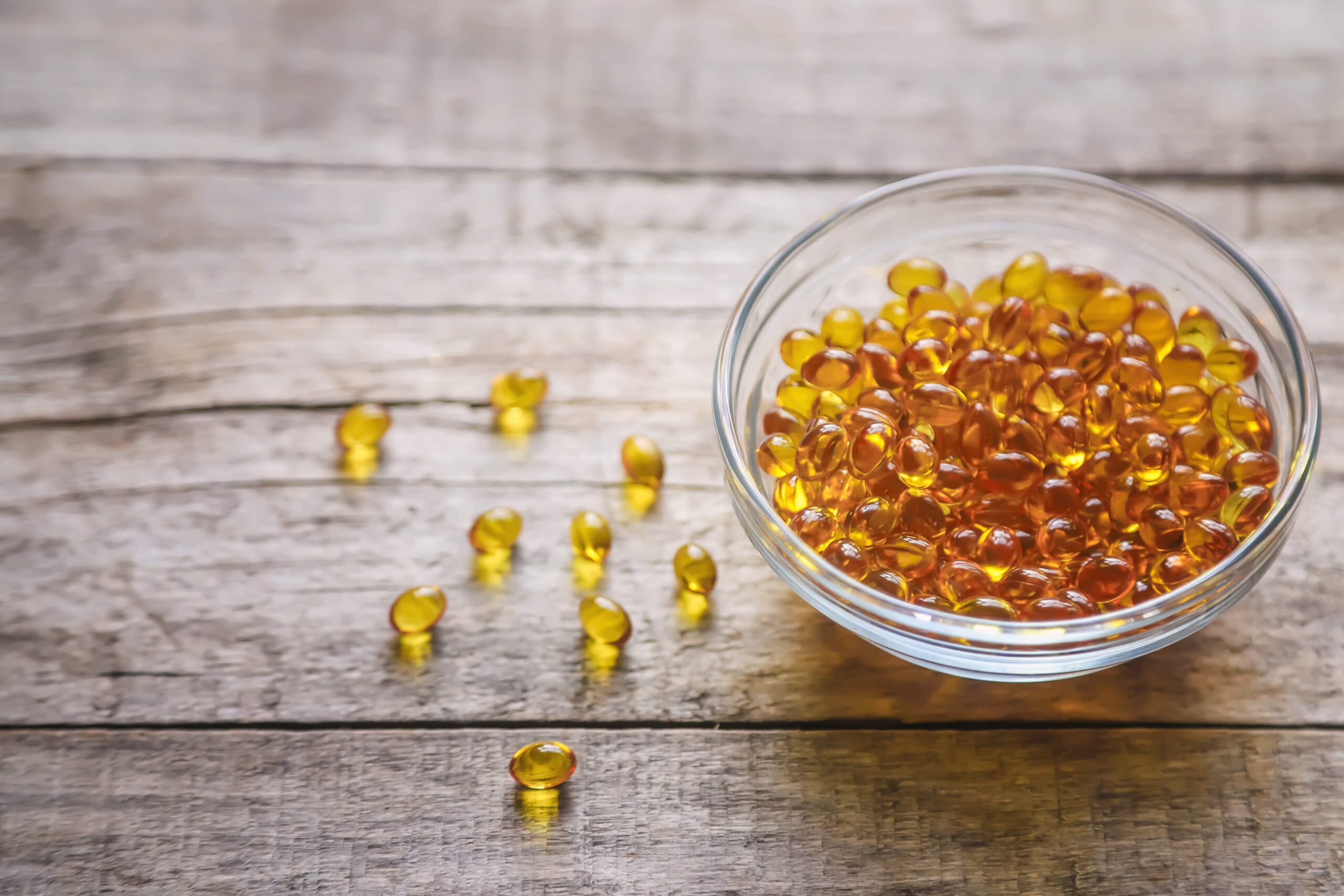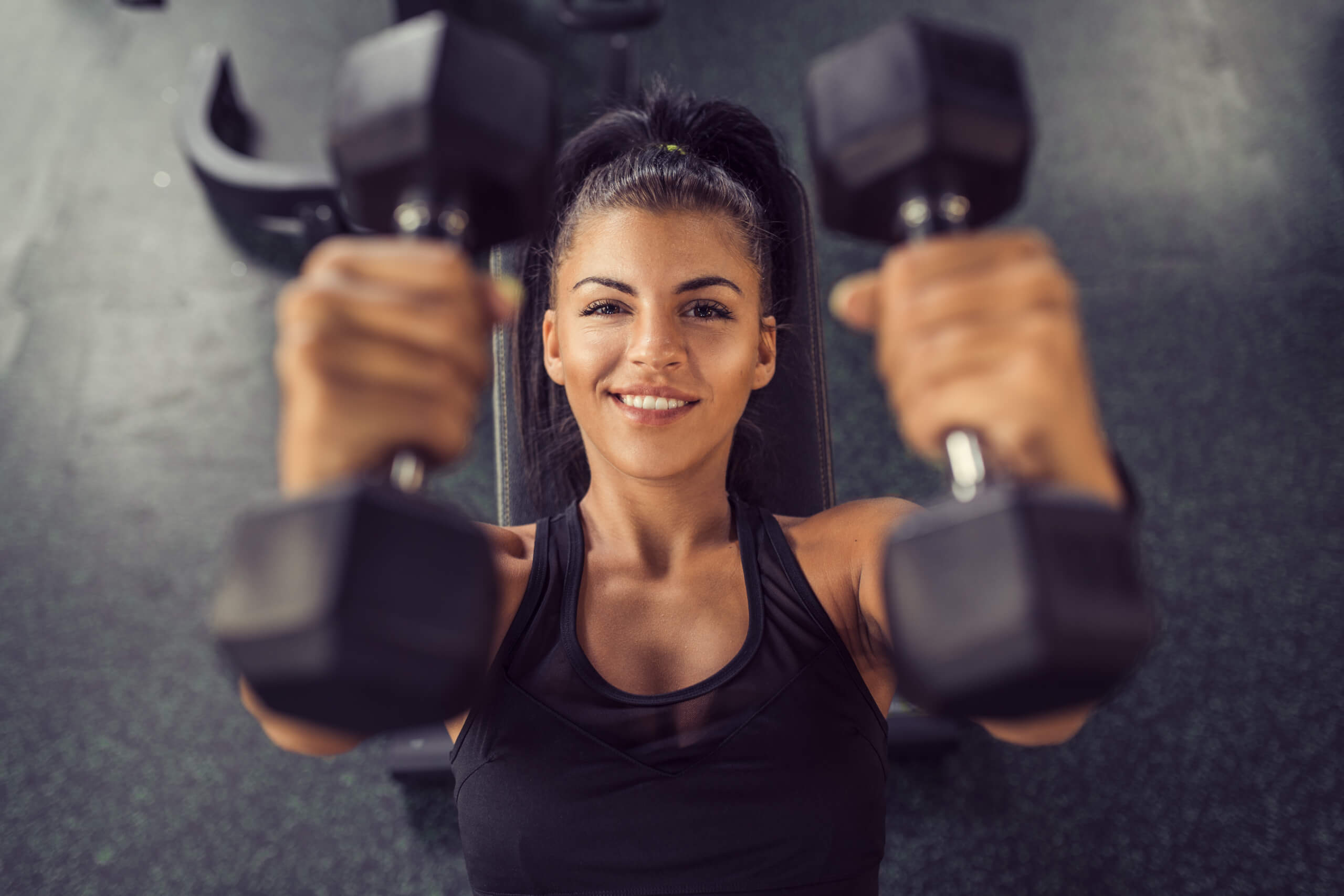Introduction
Women’s health is a unique and vital area that requires special attention. As women go through various life stages, from adolescence to menopause, their nutritional needs shift to accommodate changes in body composition, hormones, and overall health. Among the many nutrients essential for optimal health, iron and folic acid stand out as particularly crucial.
Understanding Iron and Its Role in Women’s Health
Why Iron is Vital for Women
Iron is an essential mineral that plays a major role in transporting oxygen through the bloodstream. It’s particularly important for women due to menstruation, which leads to iron loss every month. Iron helps produce haemoglobin, a protein in red blood cells that carries oxygen to tissues.
Common Causes of Iron Deficiency in Women
The main causes of iron deficiency in women often relate to blood loss and insufficient iron intake. Menstrual cycles, pregnancy, and inadequate dietary sources are common culprits. Vegetarian and vegan diets, for example, can lack heme iron, which is easier for the body to absorb than non-heme iron found in plant-based foods.
Signs and Symptoms of Iron Deficiency
Some common symptoms of iron deficiency include:
- Fatigue and low energy levels
- Weakness and muscle cramps
- Pale skin and shortness of breath
Folic Acid: The Essential B Vitamin for Women
What is Folic Acid and Why Do Women Need It?
Folic acid, a B vitamin, supports the creation of new cells. For women, especially those of childbearing age, folic acid is essential as it helps prevent neural tube defects in babies. Even beyond pregnancy, folic acid supports the formation of red blood cells and DNA production, impacting overall health and wellness.
Folic Acid During Pregnancy and Childbearing Years
Folic acid is often highlighted during pregnancy, but its role begins much earlier. Experts recommend that women of reproductive age take folic acid regularly, as it’s most effective when consumed in the months leading up to and during the first trimester of pregnancy.
Benefits of Folic Acid Beyond Pregnancy
In addition to supporting a healthy pregnancy, folic acid also benefits heart health, mental clarity, and energy levels, making it a key nutrient for women at every stage of life.
The Link Between Iron and Folic Acid Deficiency in Women
When deficiencies in both iron and folic acid occur, women can face increased risks, such as anaemia and impaired immunity. Without these nutrients, the body may struggle with basic energy production, mood regulation, and physical endurance.
Benefits of Iron and Folic Acid for Women’s Health
Boosting Energy Levels and Reducing Fatigue
Iron and folic acid together improve oxygen delivery to cells, helping to reduce fatigue. Whether you’re an active professional or a mum on the go, these nutrients are essential for sustaining energy.
Supporting a Healthy Pregnancy
Both iron and folic acid are essential for a healthy pregnancy. Iron supports the increased blood volume required, while folic acid ensures proper development of the baby’s brain and spine.
Enhancing Cognitive Function and Mood
Iron deficiency has been linked to poor concentration and mood swings. Folic acid supports mental clarity, providing benefits for memory and reducing risks of depression.
Sources of Iron for Women
Dietary Sources of Iron
Excellent sources of iron include:
- Lean meats and poultry
- Seafood
- Legumes, beans, and leafy greens
Iron Supplements: Are They Necessary?
Iron supplements are beneficial for those who may not get enough through diet alone. High-quality supplements like Feminine Energy can help meet daily requirements and support overall health.
Top Sources of Folic Acid for Women
Natural Food Sources Rich in Folic Acid
Foods rich in folic acid include:
- Dark green leafy vegetables like spinach
- Citrus fruits and juices
- Beans and lentils
Folic Acid Supplements: When Are They Needed?
Many women, especially during pregnancy, benefit from folic acid supplements to meet their needs effectively. Feminine Energy includes folic acid alongside other supportive nutrients to ensure balanced wellness.
Factors That Affect Iron and Folic Acid Absorption
Dietary Interactions That Enhance or Inhibit Absorption
Some foods can improve or hinder nutrient absorption. For instance, vitamin C enhances iron absorption, while dairy products can inhibit it.
Lifestyle Factors Impacting Iron and Folic Acid Absorption
Stress, lack of sleep, and certain medications can reduce how well your body absorbs iron and folic acid, making supplements a practical option.
Choosing the Right Supplement for Women’s Health
What to Look for in a Quality Supplement
Look for a supplement that provides adequate levels of iron and folic acid and includes complementary nutrients for balanced support. The Feminine Energy formula combines folic acid with Rhodiola Rosea, Shilajit, and DIM to promote wellness.
Introducing Feminine Energy: A Supplement for Women’s Wellness
Feminine Energy is designed with women’s unique health needs in mind, featuring iron and folic acid to support energy, immunity, and hormonal balance.
How Iron and Folic Acid Impact Hormonal Health
Balancing Hormones with Iron and Folic Acid
Both nutrients play a role in hormone production and regulation, helping to balance mood and energy, especially around menstruation.
Iron, Folic Acid, and Menstrual Health
Iron loss during menstruation makes it essential for women to replenish iron, while folic acid supports the renewal of red blood cells and hormone balance.
Integrating Iron and Folic Acid into Daily Wellness Routines
Tips for Maintaining Consistent Nutrient Intake
Meal planning and daily habits can help women maintain a steady intake of iron and folic acid. Supplements like Feminine Energy can provide a convenient way to meet these needs.
Combining Iron and Folic Acid with Other Essential Nutrients
Combining these nutrients with others like vitamin D3 and B6, found in Feminine Energy, provides comprehensive support.
Conclusion
Iron and folic acid are critical nutrients for women at every stage of life. Ensuring adequate intake through diet, and supplementing with high-quality products, can improve energy, support pregnancy, and promote overall wellness.
Related Posts
27/12/2024
How TongKat Ali Helps Women Achieve Hormonal Balance
Achieving hormonal balance is vital for every woman’s overall health and well-being. From energy levels to mood…
15/12/2024
Rhodiola Rosea: The Stress-Reducing Herb Every Woman Needs
Stress is an unwelcome guest in most women’s lives. Whether juggling a career, family, or personal wellbeing, it can…
03/12/2024
The Importance of Vitamin D3 for Women’s Health
Vitamins play a crucial role in maintaining women’s health, and among them, Vitamin D3 stands out. Known as the…
21/11/2024
Boosting Your Energy and Mood with Feminine Energy
In today's fast-paced world, many women find themselves juggling various roles, often putting their own wellbeing on…
28/10/2024
Managing Menopause Symptoms Naturally with Supplements
Menopause is a natural phase in a woman’s life, but it often comes with a range of uncomfortable symptoms like hot…
16/10/2024
5 Reasons to Incorporate Feminine Energy into Your Daily Routine
In today's fast-paced world, we often focus on outward achievements and productivity, which is driven by masculine…
04/10/2024
How to Balance Hormones Naturally with Diet and Supplements
Hormonal balance is crucial for overall well-being. Whether you're dealing with mood swings, fatigue, or other…
22/09/2024
Essential Nutrients Every Woman Needs at Different Life Stages
Maintaining optimal health throughout various stages of life is crucial for every woman. Different life stages come…
10/09/2024
Best Vitamins for Women Over 30: Boost Health and Energy
As you step into your 30s, maintaining optimal health becomes a priority, especially with the physical and hormonal…











